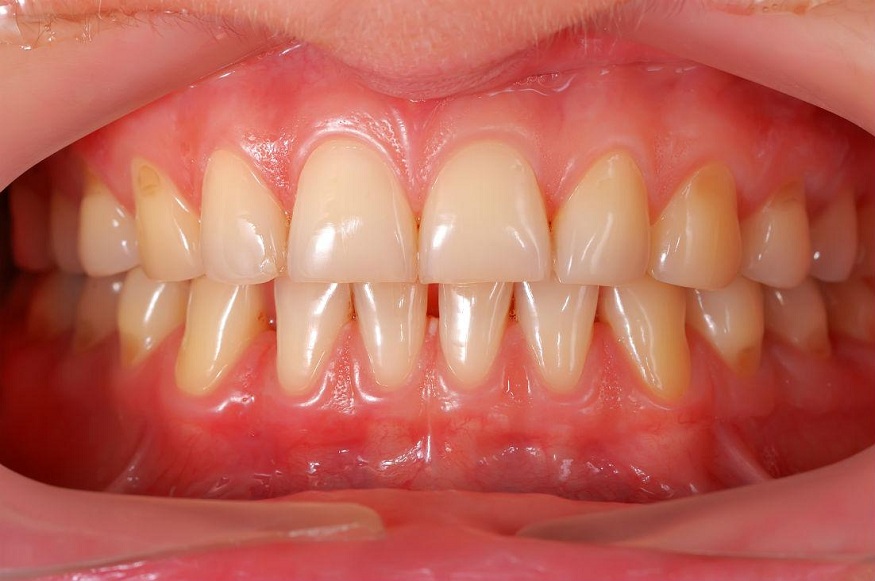Dental implants can transform smiles and restore function. However, their success hinges on the health of our gums. Healthy gums provide a strong foundation for implants, similar to how a sturdy base supports a tall building. When gums are unhealthy, implants might fail, causing discomfort and additional treatments. A Periodontal specialist in Long Island, NY can play a vital role in ensuring gum health before and after implant surgery. They help manage conditions like gingivitis, which can undermine implant stability. It’s crucial to understand that gums should be free from disease for implants to thrive. Routine care is more effective after treatment to maintain gum health. In this blog, we’ll explore the link between gum health and dental implant success. We’ll discuss practical steps you can take to improve gum health and offer tips from leading experts. This knowledge can help you achieve a lasting, healthy smile.
Why Gum Health Matters
Gum health is crucial for several reasons. Gums form the barrier that protects the roots of your teeth and implants. When this barrier weakens due to disease, it can lead to bone loss, which affects the stability of implants. This shows how essential it is to keep gums healthy both before and after getting dental implants.
Research from the National Institute of Dental and Craniofacial Research highlights that periodontal disease is a leading cause of tooth loss in adults. This same disease can impact the success of dental implants. By avoiding and treating gum disease, the chances of successful implantation increase significantly.
The Link Between Gum Health and Implants
Understanding the connection between gum health and implant success starts with recognizing the signs of gum disease. Common symptoms include bleeding, swelling, and receding gums. These symptoms can compromise the support needed for dental implants.
Here is a comparison of healthy gums versus gums affected by the disease, demonstrating the stark difference in implant success:
| Healthy Gums | Diseased Gums |
| Firm and pink | Red and swollen |
| No bleeding when brushing | Bleeding during routine care |
| Tight around teeth | Receding and loose |
| Supports dental implants | Implant risk increases |
Steps to Improve Gum Health
Maintaining gum health isn’t complicated. It requires consistent and effective daily routines. Here are three fundamental steps:
- Brush twice daily using a soft-bristle toothbrush. This removes plaque and reduces the risk of gum disease.
- Floss correctly to remove food particles and plaque from between teeth and under the gumline.
- Visit a dental professional regularly for cleanings and check-ups. Early detection of gum issues can prevent further complications.
These steps might seem simple, but their impact on gum health and implant success is tremendous.
When to Consult a Specialist
Sometimes, despite our best efforts, gum disease can still occur. Consulting with a specialist is crucial in such cases. A periodontist can evaluate gum health and suggest appropriate treatments to improve it before implant surgery.
If you notice persistent symptoms like swelling, bleeding, or tenderness, it’s wise to seek expert advice. A specialist can offer treatments ranging from deep cleaning to surgical procedures to restore gum health.
Conclusion
The connection between gum health and successful dental implants is undeniable. Healthy gums provide the strong support needed for implants to thrive. By understanding this link and taking proactive steps, you can improve your chances of implant success.
Remember, the guidance of a periodontal specialist can be invaluable in this journey. With their help and regular dental care, achieving a healthy smile is within reach. Prioritizing gum health ensures that dental implants not only function well but also enhance your quality of life. By nurturing your gums, you pave the way for a confident, lasting smile.

